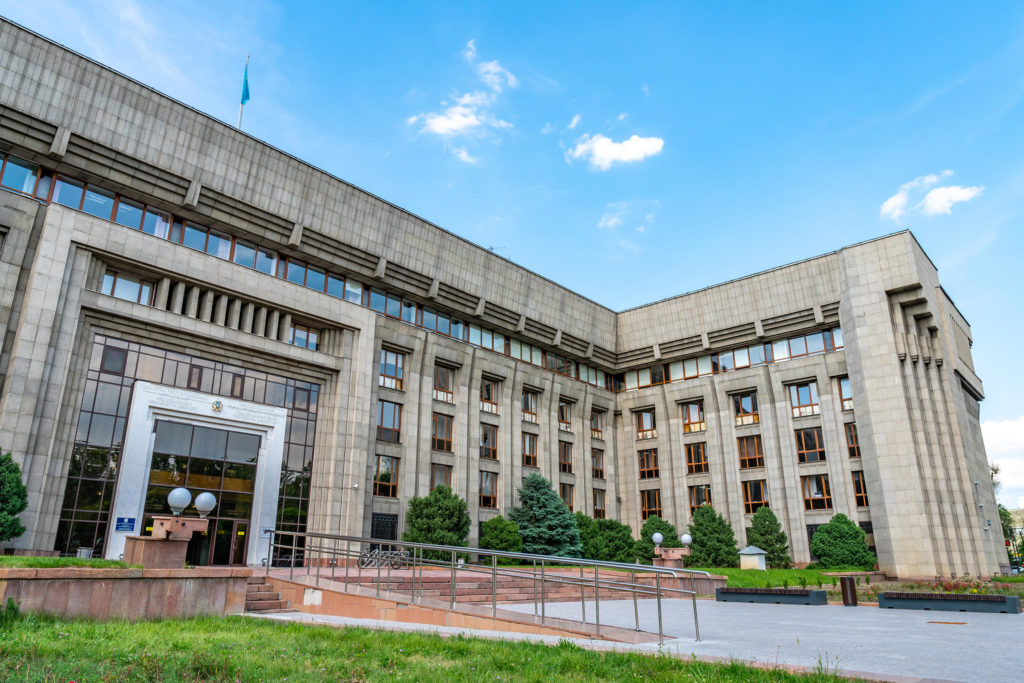NUR-SULTAN
Kazakhstan’s National Bank kept its key policy rate unchanged at 13.5 percent amid the collapse of the tenge currency.
The bank raised its key policy rate to 10.25 percent from 9.75 percent to curb annual inflation in January and raised it further to 13.25 percent in February.
The rate corridor was kept at plus or minus 1.0 percentage points, the central bank said. The rate on access operations to provide liquidity was kept at 14.5 percent and the rate on access operations to withdraw liquidity – to 12.5 percent.
The central bank said that the decision to leave the rate unchanged was due to the fact that its current level already reflected the regulator’s reaction to the increase in geopolitical risks and the risk of accelerating inflationary processes. At the same time, there remains room for further tightening of monetary conditions in the event of further deterioration of the external and internal macroeconomic environment, the bank said.
“The National Bank continues to take measures to ensure the stability of the macroeconomic situation in the financial market of Kazakhstan,” it said in a statement.
Last month the central bank raised the rate sharply and said that it had made an extraordinary decision “due to the need to maintain price stability against the backdrop of the realisation of risks from the external sector with a significant deterioration in the geopolitical situation, which was considered as part of the negative scenario and anti-crisis measures.”
The bank said that its monetary policy, carried out within the framework of inflation targeting, was aimed at preventing the spread of the consequences of an external shock to the country’s economy, ensuring macroeconomic stability and protecting tenge assets.
Second-tier banks are provided with the necessary liquidity within the framework of monetary policy instruments.
The weighted average rate of the U.S. dollar on the results of trades on Thursday at the Kazakhstan Stock Exchange amounted to 510 tenge. Compared to Tuesday’s trading, the national currency weakened by 6.21 tenge. The trading volume amounted to $210.7 million. The central bank’s foreign exchange interventions amounted to $198.9 million or 94.4 percent of the total amount.
Consumer prices in Kazakhstan rose by 8.7 percent year-on-year in February after rising 8.5 percent in January. Monthly inflation in February was 0.8 percent up from 0.7 percent in January. Kazakhstan’s central bank projected annual inflation in a range of 7.5-8.5 percent in 2021.
Kazakhstan’s economy started recovery last year and expanded by 4 percent backed by a growth in the real sector after the contraction by 2.6 percent in 2020.

